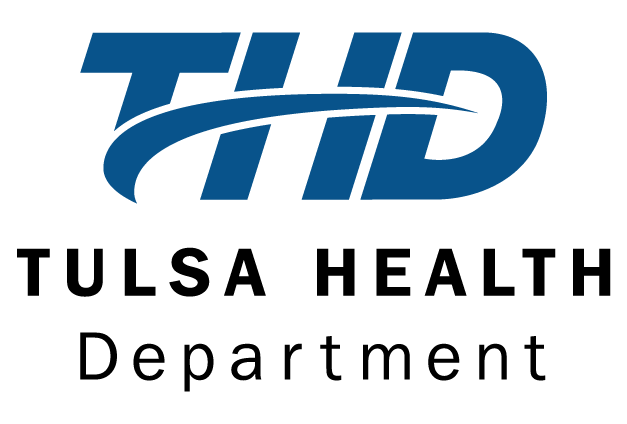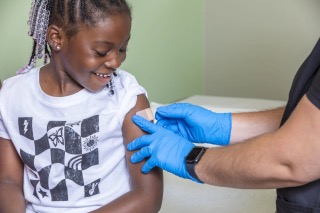Поиск информации о здоровье может быть сложным. Поиск в интернете и сложные медицинские термины — не всегда легко понять, что относится к вам. Медицинская грамотность — это способность находить, понимать и использовать информацию о здоровье для принятия обоснованных решений. Повышение медицинской грамотности помогает распознавать риски и принимать меры на ранних стадиях для защиты своего здоровья.
Люди с более высокой медицинской грамотностью лучше справляются с хроническими заболеваниями, следуют планам лечения и предотвращают болезни. Повышение медицинской грамотности означает снижение числа предотвратимых заболеваний и укрепление семей в нашем сообществе.
Шаги по предотвращению рисков для здоровья:
- Знайте свои личные факторы риска.
- Возраст, семейный анамнез, образ жизни и окружающая среда — все это играет свою роль.
- Пример: курение увеличивает риск заболевания легких, а наличие диабета в семейном анамнезе может повысить ваш персональный риск.
- Подготовьтесь к визитам к врачу.
- Запишите три самых важных вопроса перед визитом к врачу. Не бойтесь просить объяснений простым языком.
- Пользуйтесь проверенными источниками, особенно теми, которые основаны на научных исследованиях.
- Например: Департамент здравоохранения города Талса, Центры по контролю и профилактике заболеваний, Департамент здравоохранения штата Оклахома. Будьте осторожны с социальными сетями и сайтами, распространяющими дезинформацию.
- Понимать основы профилактики.
- Скрининги, вакцинация, физические упражнения и диета — всё это способы снизить риски. Важно знать, какие из них подходят именно вам.
- Создайте систему поддержки.
- Делитесь информацией с семьёй, присоединяйтесь к общественным мероприятиям, посвящённым здоровью, и задавайте вопросы. Вам не придётся принимать решения, связанные со здоровьем, в одиночку.
Распространенные ошибки в области медицинской грамотности:
- Вера в то, что вся информация в Интернете является точной.
- Избегание медицинской помощи из-за пугающих медицинских терминов.
- Не задавать вопросы из-за страха “побеспокоить” врача.
Грамотность в вопросах здоровья — это не просто личная, а общая ответственность. Хотя мы не ожидаем, что каждый человек будет иметь формальное образование в области здравоохранения, мы считаем, что каждый заслуживает доступа к ясной и понятной информации, которая позволит ему принимать обоснованные решения, касающиеся его благополучия.
Именно здесь мы вступаем в игру. В Департаменте здравоохранения города Талса мы осознаём важнейшую роль систем и организаций здравоохранения в повышении медицинской грамотности. Благодаря чёткой коммуникации, упрощённым материалам и постоянному обучению персонала, системы здравоохранения могут стать более понятными и удобными для использования, особенно для тех, кто сталкивается с языковыми, образовательными или другими барьерами.
Наша преданная своему делу команда ежедневно работает над тем, чтобы предоставляемая нами информация была не только точной, но и доступной для различных сообществ, которым мы служим. Мы стремимся предоставлять нашим клиентам достоверную и понятную информацию и услуги в сфере здравоохранения, будь то личные беседы, печатные материалы на разных языках или онлайн-ресурсы.
Эффективная грамотность в вопросах здоровья — это получение точных знаний, позволяющих действовать ответственно и уверенно. Чем лучше вы понимаете риски для здоровья, тем лучше вы можете контролировать своё благополучие. Ведь когда люди понимают своё здоровье, они лучше подготовлены к тому, чтобы заботиться о нём, а это способствует укреплению здоровья отдельных людей, семей и сообществ.




